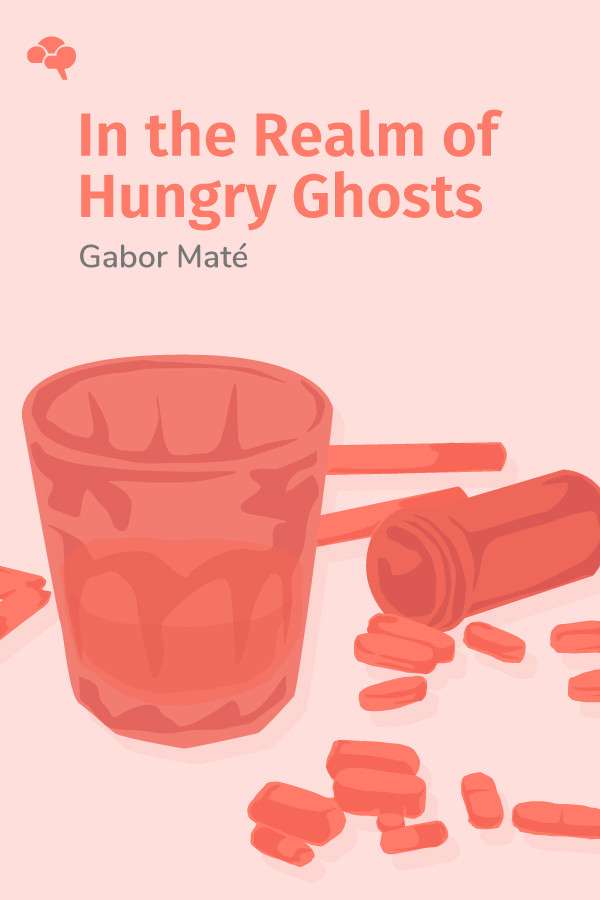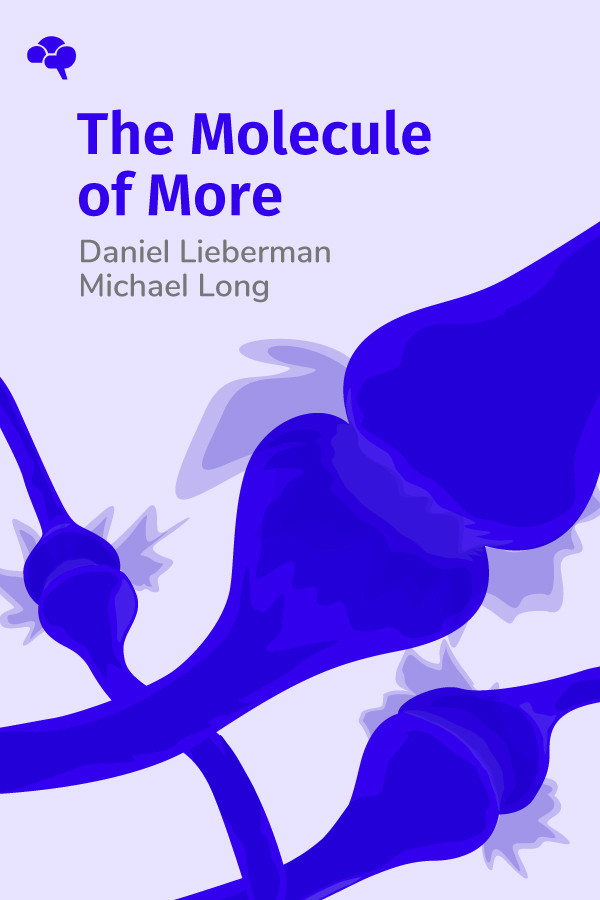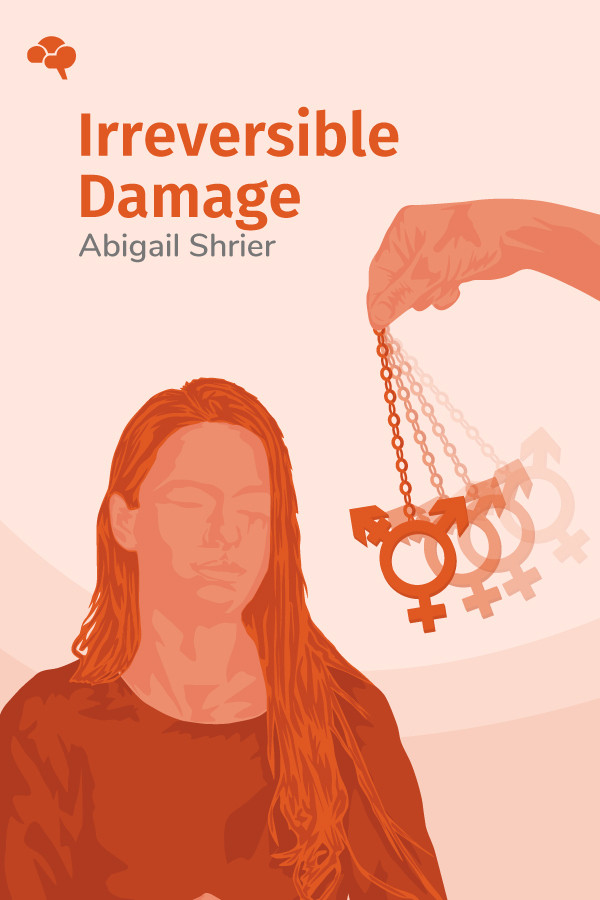Key Insights From:
In the Realm of Hungry Ghosts: Close Encounters with Addiction
By Gabor Maté


Key Insights From:
In the Realm of Hungry Ghosts: Close Encounters with Addiction
By Gabor Maté
What You'll Learn:
In the Buddhist mandala, there are six realms of life, each characterizing a different aspect of human experience. “The realm of hungry ghosts” is a state of being in which we pursue external things in hopes that they will satisfy our deep inner longings. In the artwork, these hungry ghosts are depicted as scrawny, malnourished people with thin necks, frail bodies, and hunger-bloated bellies. This is the realm of addiction, where substances, objects, and activities are compulsively pursued to hide an ache.
As Hungarian-Canadian psychiatrist and researcher Gabor Maté puts things in his award-winning book, addiction is a state in which “we haunt our lives without being fully present.” Maté’s own passion and expertise in the addiction field come from decades spent serving the forgotten down-and-outs of Vancouver’s Downtown Eastside—essentially a Canadian version of Skid Row. It’s the side of town filled almost exclusively with hungry ghosts, and he advocates passionately for an intuitive, but unconventional approach to treating them. Maté stresses, however, that addictions take many forms, some that hit uncomfortably close to home.
Key Insights:
- Addiction is far too complex to sum up as a “disease” or a “moral failing.”
- Some addictions are shunned while others are celebrated.
- Addiction-prone personalities lack clear boundaries, struggle to self-regulate and control impulses, and believe they are inherently unlovable.
- Early childhood environment impacts brain development far more than genetics.
- Maté’s experiences in Vancouver’s Skid Row made him a believer in harm reduction policies.
- Harm reduction gives addicts a better shot at long lasting recovery than the threat of harsh punishment.




